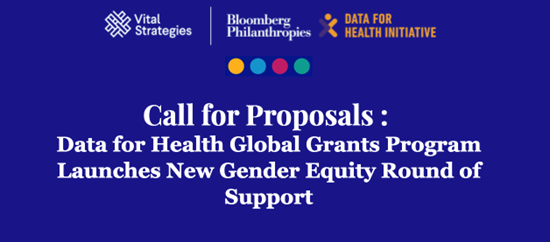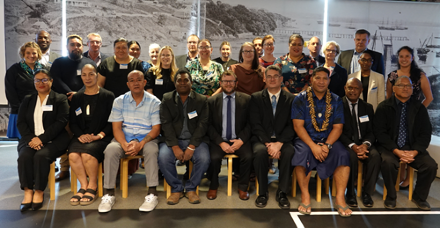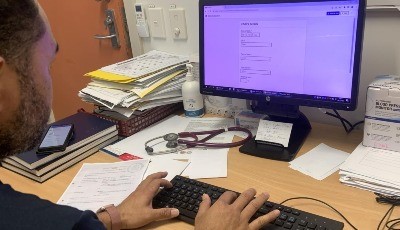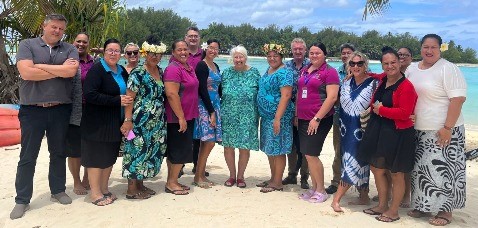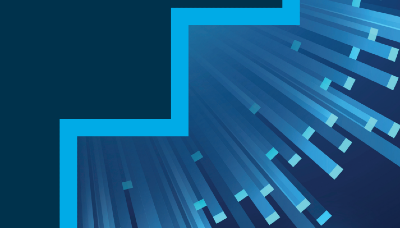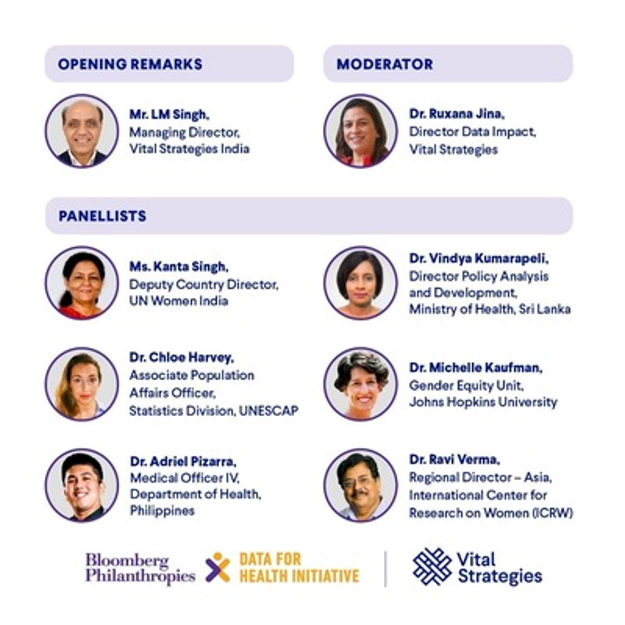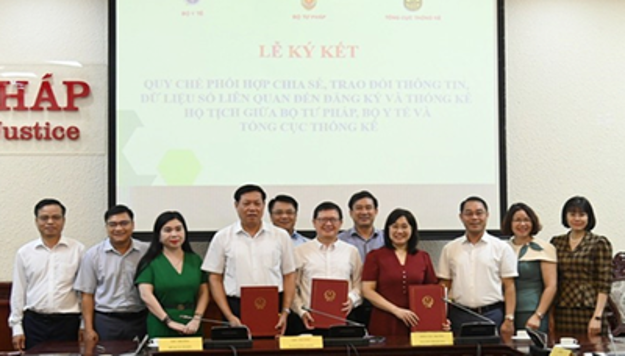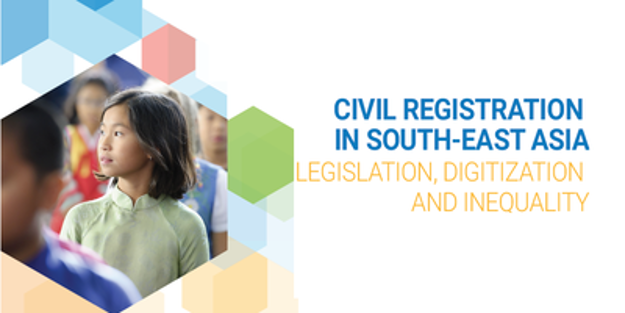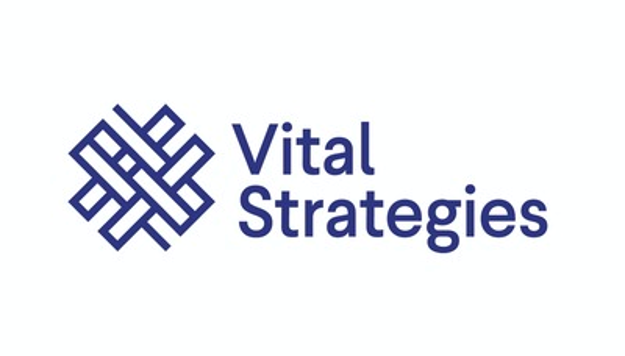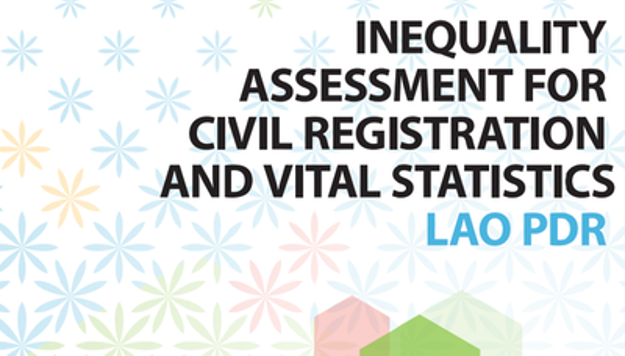Bloomberg Philanthropies Data for Health Initiative’s Global Grants Program (GGP) is launching a new round of support for projects focused on gender equity. This round supports projects that will improve the use and dissemination of sex and gender data for decision-making and policy change, focusing on advancing gender equity to promote public health in the core thematic areas of civil registration and vital statistics, data use for decision-making, and population-based cancer registries.
Project ideas should be submitted between 10 June – 7 July 2024. Selected ideas will lead to full proposal submission by 22 July 2024.
Please click here for more details on the Global Grants Program (GGP).
Read more on the Call for Gender Equity Project Applications here.


